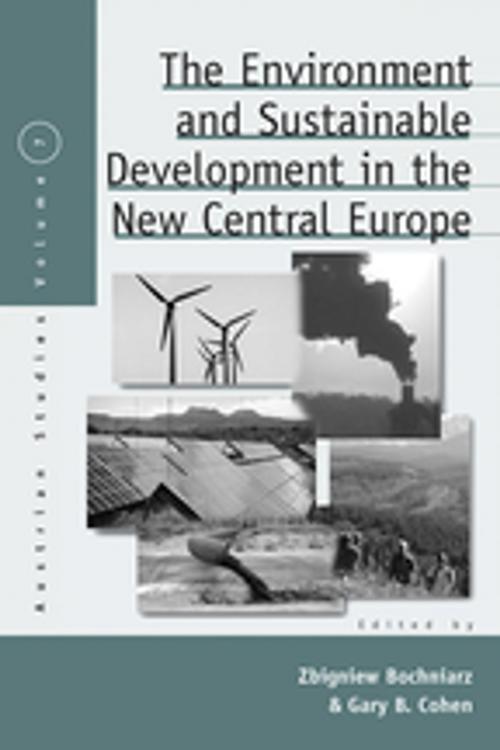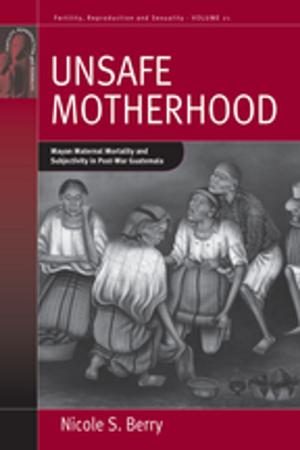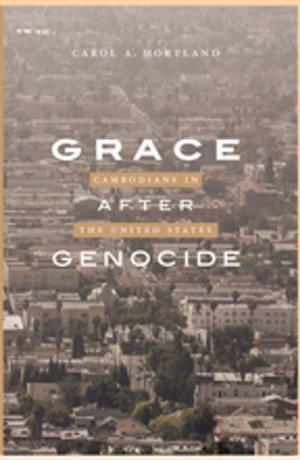The Environment and Sustainable Development in the New Central Europe
Nonfiction, Science & Nature, Science, Biological Sciences, Environmental Science, History, European General, Modern, 20th Century| Author: | ISBN: | 9780857457165 | |
| Publisher: | Berghahn Books | Publication: | June 1, 2006 |
| Imprint: | Berghahn Books | Language: | English |
| Author: | |
| ISBN: | 9780857457165 |
| Publisher: | Berghahn Books |
| Publication: | June 1, 2006 |
| Imprint: | Berghahn Books |
| Language: | English |
With the enlargement of the European Union, the accession countries are coming under pressure to develop and meet EU standards for environmental protection and sustainable development. In this ongoing process, global economic liberalization, regulatory policy, conservation, and lifestyle issues are all involved, and creative solutions will have to be found. Historians, geographers, economists, ecologists, business management experts, public policy specialists, and community organizers have come together in this volume and examine, for the first time, environmental issues ranging from national and regional policy and macroeconomics to local studies in community regeneration. The evidence suggests that, far from being mere passive recipients of instruction and assistance from outside, the people of Central and East Central Europe have been engaged actively in working out solutions to these problems. Several promising cases illustrate opportunities to overcome crisis situations and offer examples of good practices, while others pose warnings. The experiences of these countries in wrestling with issues of sustainability continue to be of importance to policy development within the EU and may serve also as examples for both developed and developing countries worldwide.
With the enlargement of the European Union, the accession countries are coming under pressure to develop and meet EU standards for environmental protection and sustainable development. In this ongoing process, global economic liberalization, regulatory policy, conservation, and lifestyle issues are all involved, and creative solutions will have to be found. Historians, geographers, economists, ecologists, business management experts, public policy specialists, and community organizers have come together in this volume and examine, for the first time, environmental issues ranging from national and regional policy and macroeconomics to local studies in community regeneration. The evidence suggests that, far from being mere passive recipients of instruction and assistance from outside, the people of Central and East Central Europe have been engaged actively in working out solutions to these problems. Several promising cases illustrate opportunities to overcome crisis situations and offer examples of good practices, while others pose warnings. The experiences of these countries in wrestling with issues of sustainability continue to be of importance to policy development within the EU and may serve also as examples for both developed and developing countries worldwide.















